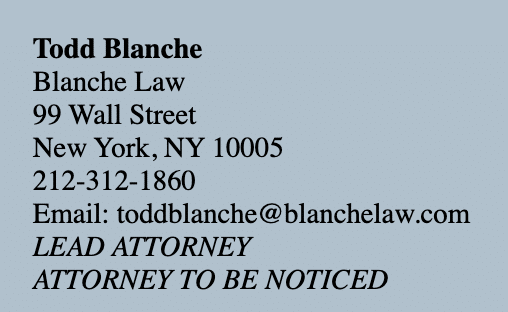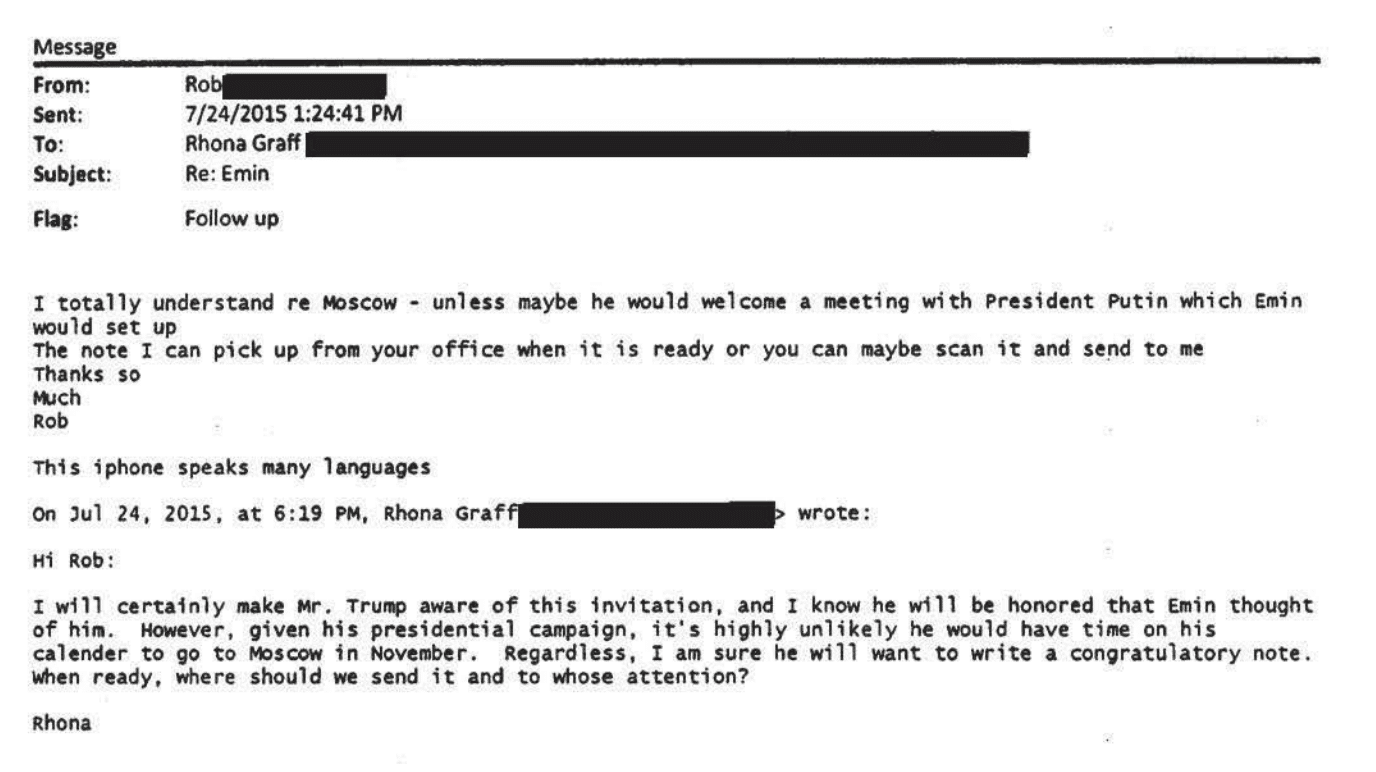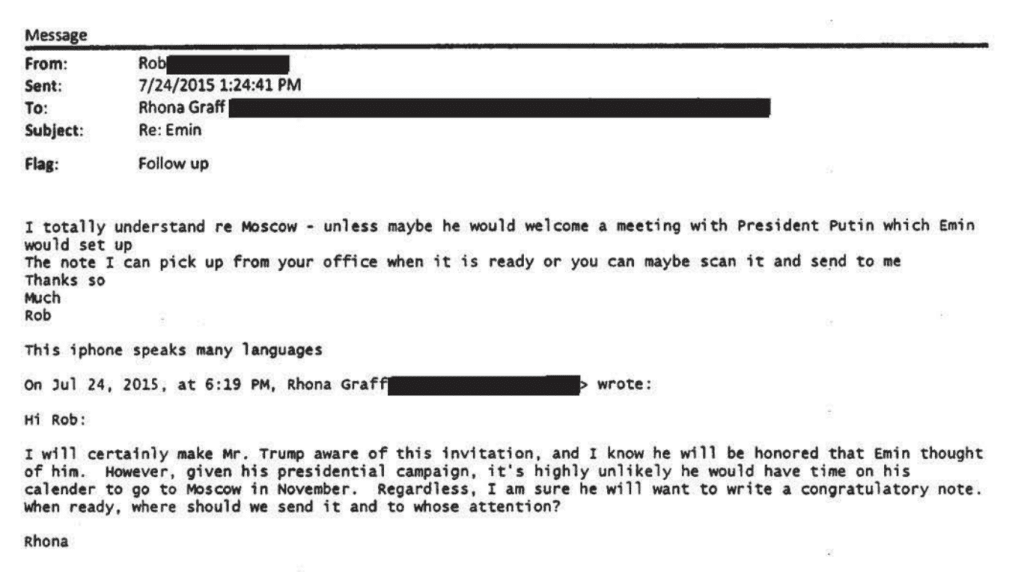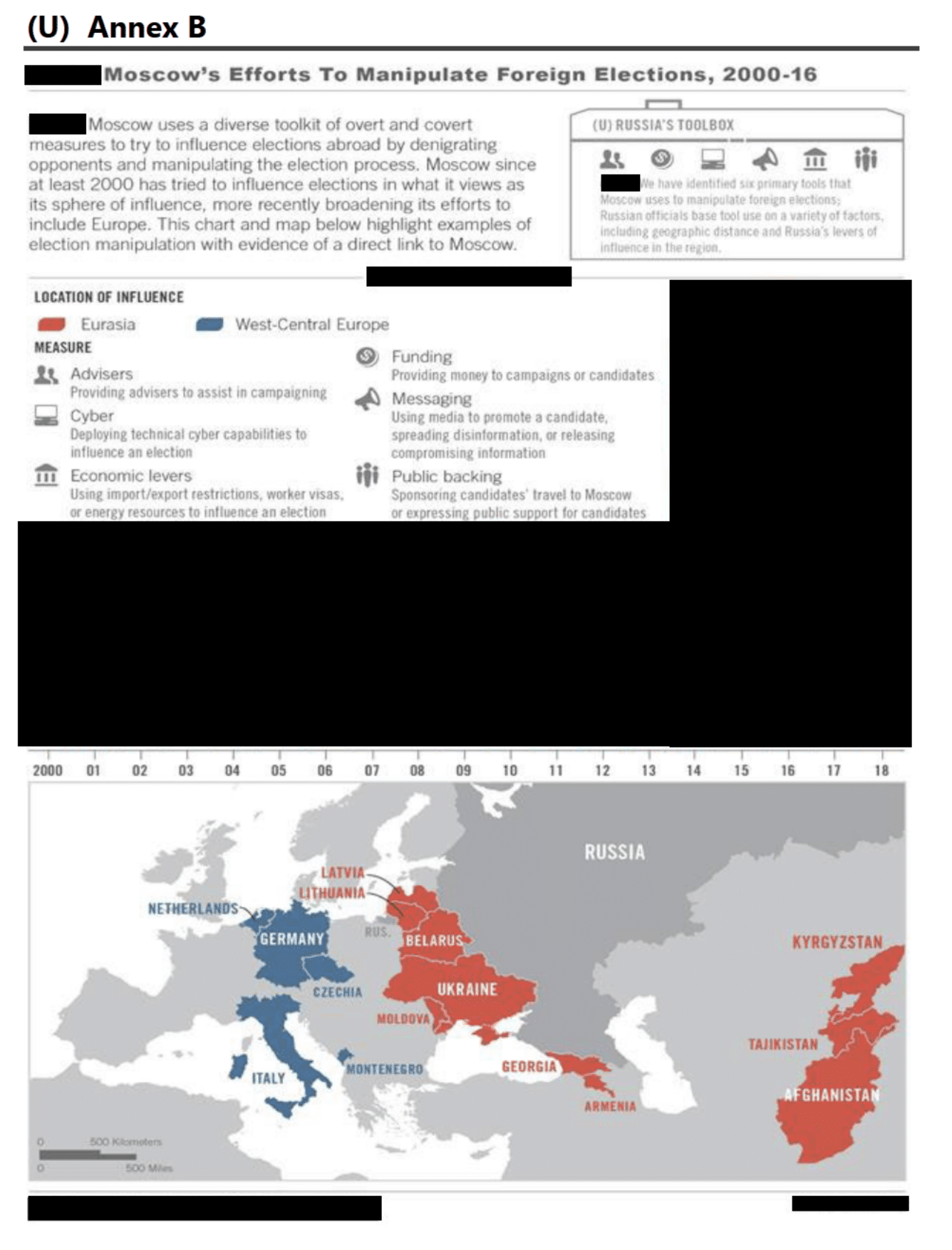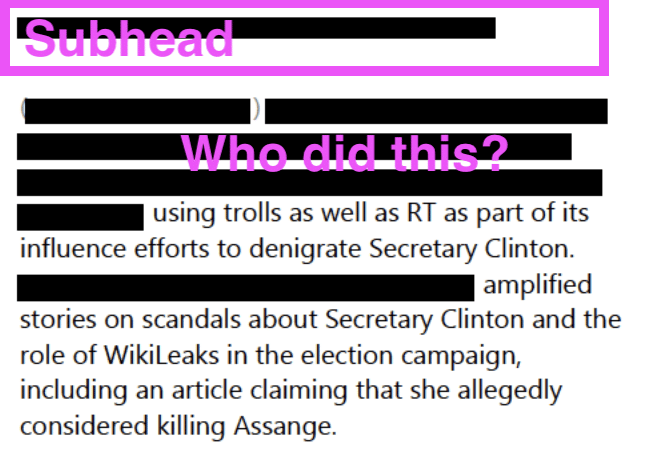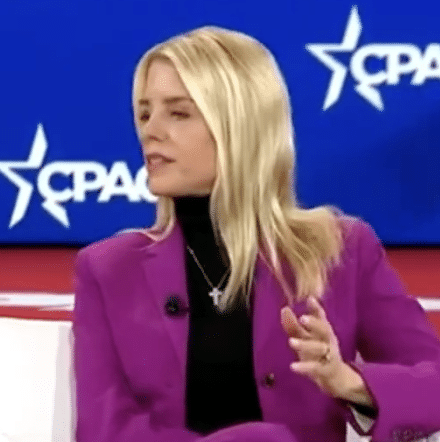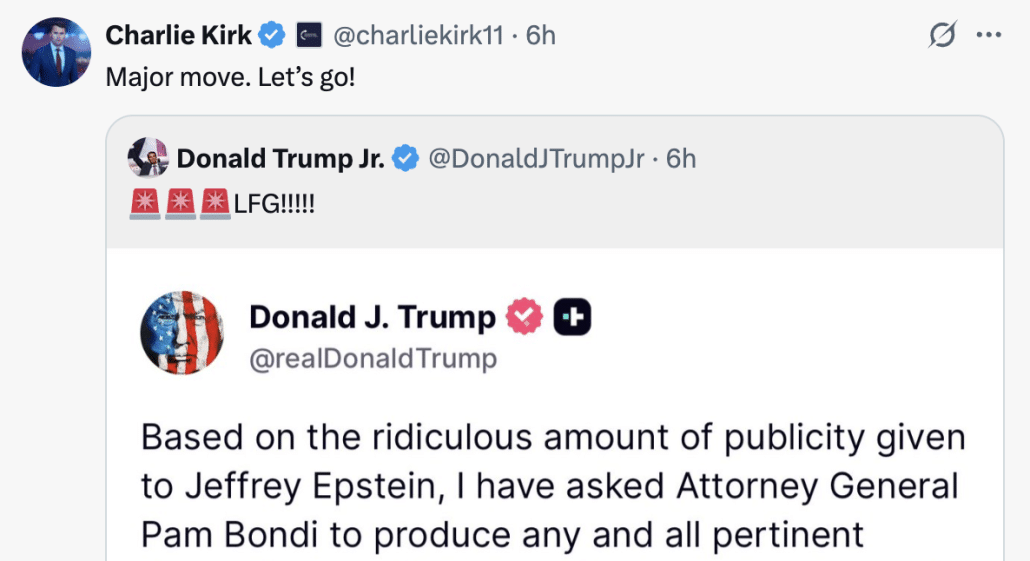Why Is Todd Blanche Risking the Conviction of a Sex Trafficker Rather Than Use Fruits of Already-Completed Review?
As I’ve mentioned, Todd Blanche was in such a rush to ask a judge to unseal Jeffrey Epstein grand jury files that he didn’t update his SDNY filing profile first. As a result, his request to unseal grand jury records was filed under the identity he had when formally serving as Donald Trump’s defense attorney: Todd Blanche, Blanche Law, a firm set up exclusively to serve Trump.
In his request to unseal the files, Blanche waves away the concern that unsealing these files should wait until Ghislaine Maxwell’s appeal has been exhausted.
While the Government recognizes that Maxwell’s case is currently pending before the Supreme Court on a petition for a writ of certiorari, it nonetheless moves this Court for relief due to the intense public scrutiny into this matter.
As Josh Gerstein noted, in a filing submitted in a FOIA lawsuit last year, Maurene Comey described at great length the risks posed by releasing files before Maxwell’s appeals are exhausted.
12. As noted above, the Maxwell criminal prosecution is still pending on appeal. If the Second Circuit grants Maxwell the relief she seeks, there could be a new trial. Therefore, public disclosure of the FBI’s records relating to the investigation and prosecution of Epstein that were withheld in full or in part under Exemption 7(A) could reasonably be expected to interfere with the pending prosecution of Maxwell.
[snip]
14. Public disclosure of the first category of records, identified in the First Seidel Declaration as Evidentiary/Investigative Materials, could reasonably be expected to interfere with the pending prosecution of Maxwell. As noted in paragraphs 61 through 63 of the First Seidel Declaration, this first category includes copies of records or evidence, analysis of that evidence, and derivative communications summarizing or otherwise referencing evidence. Those records or evidence include, among other things: business records (for example, phone records, travel records, financial records, and shipping records) gathered during criminal investigations, including through the service of grand jury subpoenas, and analysis of those records; documents and evidence provided by witnesses to law enforcement; documents regarding witness background information (for example, criminal history records, medical records, employment records, social media records, and educational records); reports, notes, or transcripts of witness statements; and communications with and about witnesses. The documents contained in this category include confidential witness statements from dozens of witnesses, and the discussion of evidence among members of law enforcement. The release of these records to the public risks the following harms to the pending prosecution of Maxwell:
a. Impact on Witness Testimony: Premature disclosure of the business records and witness statements within this category (including disclosure of analysis and summaries of those materials) could reasonably be expected to influence potential witnesses’ testimony at trial. These records include details that are not publicly known or known to other witnesses, and include information and documents authored by and about potential witnesses. Because the majority of the records in this category were not introduced as public exhibits during Maxwell’s first trial, they remain non-public, though the Government may still seek to introduce them should Maxwell be granted a retrial. The premature release of these materials could influence the testimony of witnesses by providing the opportunity for witnesses to shape their testimony to conform with other evidence gathered during the investigation, including both records and witness statements. For example, witnesses may shade their testimony to match the descriptions of events and places given by other witnesses about whom they might not otherwise know, or witnesses may shade their testimony to match the timing of travel, financial transactions, phone calls, and/or shipments reflected in the records. In order to preserve the independent integrity of its witnesses’ testimony, the Government has worked to ensure that its witnesses are not exposed to other parts of its investigative file, the accounts of other witnesses, or the full scope of exhibits it may offer at a retrial. The release of these materials would undermine the Government’s efforts to present witness testimony that is uninfluenced by exposure to other evidence in the case and can therefore be independently corroborated by other witness accounts and exhibits at trial. Additionally, premature release of witness statements and background materials in this category could prevent the Government from effectively questioning witnesses in a manner that would allow jurors to assess their credibility because the witnesses may have already viewed records that counsel may use for impeachment purposes, including witness background materials, witness statements, and business records that might contradict witnesses’ testimony.
b. Impact on Witnesses’ Willingness to Testify: The business records, witness statements, and witness background materials within this category (including summaries and analysis thereof) contain sensitive personal and private information about dozens of potential witnesses, including some witnesses who testified at Maxwell’s first trial and many witnesses who were not called at Maxwell’s first trial, but who may be called to testify if Maxwell is granted a retrial. By their very nature, all of the witness statements and witness background materials necessarily include identifying information and sensitive details regarding numerous witnesses. Similarly, the business records—including financial records, travel records, phone records, and shipping records—include the names, addresses, phone numbers, and other identifying information of numerous witnesses. The public release of this information could lead to the identification and intimidation of witnesses, who may decline to cooperate with the parties and be disinclined to testify if their personal information is released to the public. Indeed, multiple witnesses at Maxwell’s first trial testified under pseudonyms or just their first name to protect their privacy. Those same witnesses likely would not have agreed to testify if their identities or sensitive information about them were publicly revealed. The premature release of these records could reasonably be expected to interfere with a potential retrial of Maxwell by causing witnesses to be identified in the media and face embarrassment and potential harassment from members of the public as a result. Should these records be released, many witnesses, including some witnesses who agreed to testify at Maxwell’s first trial and others who did not testify at Maxwell’s first trial but may be called at a retrial, may decline to cooperate in trial preparation with the Government and may refuse to testify at a retrial. This outcome is likely because many witnesses only agreed to cooperate with the Government’s investigation because they understood that the Government would take every effort to protect their privacy.
c. Impact on Jury: Premature public disclosure of the records withheld under Exemption 7(A) within this first category, including those which the Government anticipates will be entered into evidence at trial, could reasonably be expected to further impair the Government’s pending prosecution of Maxwell by affecting its ability to present its case in court in any Maxwell retrial because it risks prejudicing the jury pool. As noted above, the majority of records in this category—including phone records, bank records, travel records, and shipping records—were not admitted into evidence at Maxwell’s first trial. Similarly, many witnesses whose statements and background information fall within this category did not testify at Maxwell’s first trial. The premature release of these materials risks prejudicing the jury pool so as to hinder the Government’s ability to present its case in court in two distinct respects. First, to the extent materials within this category are never admitted at a retrial, the jury may wonder why those materials were absent from the trial and may suspect the Government of trying to hide evidence from the jury, causing jurors to draw an unwarranted adverse inference against the Government. In this scenario, the jury may also improperly consider publicly released materials that were not introduced as evidence at the trial in their deliberations. The materials in this category, including business records and witness statements, may seem relevant to a layperson but may be inadmissible at trial for various reasons under the Federal Rules of Evidence. Potential jurors’ consideration of the records that are being withheld under Exemption 7(A) but will not be presented at trial may impact the consideration jurors give to the actual evidence presented by the Government. If some or all of this evidence is excluded at trial, pre-trial publication of these materials would risk exposing potential jurors to material they would otherwise not be shown during trial, which risks unduly influencing jurors’ views of the case and would impair the Government’s ability to effectively and fairly present its case in court. Second, if materials within this category are admitted at trial after being prematurely released, members of the jury could have preconceived notions of that evidence’s relevance or importance. This is especially concerning given the intense media scrutiny surrounding the Maxwell case and commentary that is likely to follow the release of any records of substance from the investigative file.
Of course, Ms. Comey was fired on Wednesday, as Trump waited for the WSJ story on his ties to Epstein to drop. So now Blanche can do whatever he wants with this case, without anyone to protect the equities of the prosecution.
And the grand jury request is not only completely unnecessary, but it represents a colossal waste of the time that Pam Bondi already invested when she ordered up to 1,000 people to spend reviewing the FBI case files in March.
Bondi could release those files without involving a judge. But she’s not. She’s going to instead meddle with grand jury records, a smaller subset of the whole, but one that could do more damage if Maxwell wins a retrial.
Donald Trump can’t pardon Maxwell, in spite of his past expression of well wishes for the sex trafficker, because his mob would go nuts.
But Todd Blanche could do something to intentionally fuck up her case.


